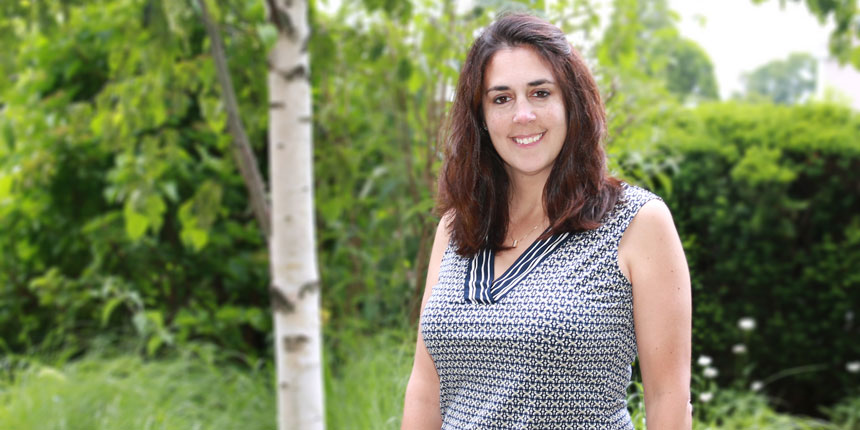Health+
Everyday Heroes

Southcoast Child Life Specialists help ease the stress of a hospital stay for young patients
A hospital stay can be unsettling enough for an adult. But imagine being a small child who doesn’t understand why they are sick or why they can’t go home. Or a parent trying to cope with both the youngster’s fear and their own and keeping a household running while never leaving their sick child’s side?
Child Life Specialist to the rescue.
“A Child Life Specialist helps make a hospitalization less intimidating by providing patients and families with emotional support during procedures, coping techniques during stressful situations and opportunities to normalize the environment through play,” said Kara Levoshko, CCLS, who holds the position in the Southcoast Pediatric Program at St. Luke’s Hospital.’
“Doctors and nurses do a wonderful job, but it’s hard to be the person trying to do a catheter or IV while trying to calm a child and the child’s parents at the same time,” she said. “I am an additional resource for them.”
Kids consider Kara a “safe person” because she does not do anything invasive or scary. “So sometimes they may not think of me as a “medical” person, and may be more open to saying things that they might not say to the doctor or nurse,” Kara said. She also deals with the emotional needs of children and families — sometimes getting involved if there is a bereavement issue and working with the whole family, for instance, by talking about how to explain the death to siblings. She also jumps in to mentor staff on how to talk to a child or explain why a child might be reacting a certain way.
Through the eyes of a child
Looking at the experience from a child’s point of view also provides Kara with ideas on how to help both youngster and parent.
“I might suggest putting something on the ceiling of a treatment room so kids have something to look at,” she said. “I make sure the kids have toys and other familiar things, and that the television has kid-friendly stations.”
Decoding the often confusing medical terminology also helps. “I might call a procedure or an instrument by a different name so they do not seem so scary,” she said. “And, I use the five senses to prepare kids and help them understand what is happening, by telling them what they might see, taste and feel.”
I also support the parents and will try to give them a job, like holding their child’s hand,” Kara said. “Children know their parents best so I try to calm the parents, which then calms the child.”
The Child-Life program is made possible through philanthropic support. For more information on how you can support the program, email the Southcoast Philanthropy Department or 509-973-5353.
